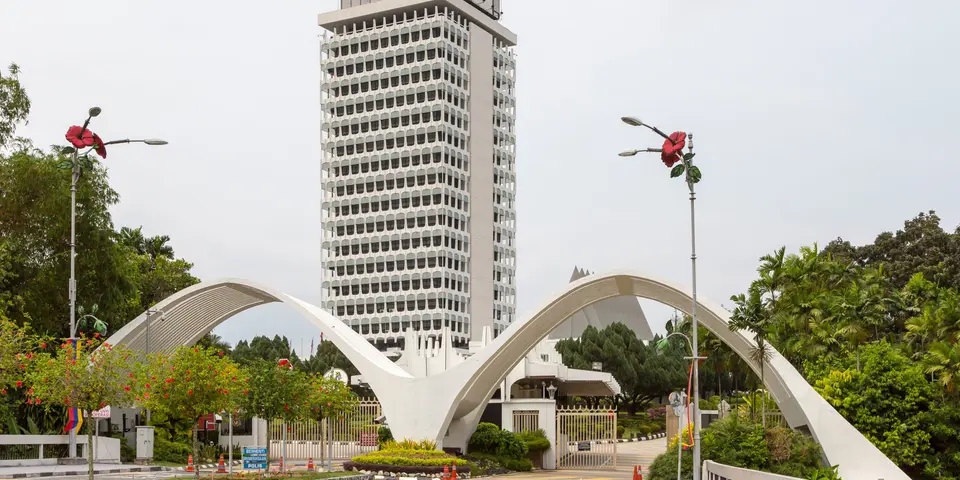
Regional lawmakers call for rejection of Malaysia’s fake news bill
April 09, 2018

JAKARTA – A new draft bill regulating so-called “fake news,” currently under consideration by the Malaysian Parliament, would impose unjust restrictions on freedom of opinion and expression and further empower the government to arbitrarily go after critics, ASEAN Parliamentarians for Human Rights (APHR) said today.
The collective of regional lawmakers called on parliamentarians in Malaysia to reject the Anti-Fake News Bill in its entirety, arguing that the bill’s overly broad language and harsh penalties pose a serious threat to democratic norms in the country.
“This so-called ‘fake news’ bill is an affront to fundamental freedoms and poses a debilitating threat to journalism, activism, and informed civic discourse. If passed, it would add to a growing list of draconian laws in Malaysia that have been consistently abused to silence and intimidate citizens from all walks of life who have dared to speak out,” said APHR Board Member Teddy Baguilat, a member of the Philippine House of Representatives.
According to the draft, which was tabled on 26 March, “fake news” is defined to include any news or information that comes in “any form capable of suggesting words or ideas” found to be “wholly or partly false.” The bill proposes maximum penalties of 500,000 Malaysian ringgit (approximately 129,000 USD) and 10 years imprisonment for anyone who knowingly creates or shares “fake news.”
While parliamentarians acknowledged a need to address hate speech and misinformation in Malaysia and elsewhere, they stressed that the passage of laws like this one constitutes a problematic approach with potentially dangerous consequences.
“The extremely severe penalties in the bill are uncalled for and will only create a dangerous culture of self-censorship, preventing legitimate and important public discourse and political dissent,” Baguilat said.
“Furthermore, by allowing for public officials to determine what is true and what is false, the bill is a ready-made recipe for manipulation, empowering authorities to dismiss genuine criticism and inconvenient truths,” he added.
In addition, parliamentarians raised concerns about a provision of the bill that would penalize any person who fails to remove “fake news” within their control.
“This all-encompassing definition places an undue burden on essentially anyone – from administrators of communication platforms, to media outlets and even server hosts – casting a wide net that would have serious implications for free speech in Malaysia,” Baguilat said.
MPs also noted that the drafting process of the bill lacked transparency, and key stakeholders from civil society were not consulted on the contents of the legislation.
“Civic participation is integral to effective lawmaking. Not only does it promote good governance, but it also provides credibility to a country’s decision-making processes,” said Baguilat.
“The absence of effective consultation in this case undermines the arguments put forward in the bill’s favor and leads to legitimate concerns about how the government intends to implement its provisions,” he added.
Parliamentarians highlighted the fact that other governments in the region, including Singapore and the Philippines, are also considering similar laws to combat the dissemination of misinformation. This is part of a worrying decline in freedom of expression in the region, which comes amidst continued harassment of many news outlets, journalists, and others, particularly in Cambodia, Myanmar, and the Philippines.
“Lawmakers have a duty to pushback against these attacks, not further empower governments to pursue critics through legislation that remains wide open for abuse. We urge members of the Malaysian Parliament to reject this bill in its current form and to instead support reforms that would better protect basic freedoms in the country,” Baguilat said.
ASEAN Parliamentarians for Human Rights (APHR) was founded in June 2013 with the objective of promoting democracy and human rights across Southeast Asia. Our founding members include many of the region's most progressive Members of Parliament (MPs), with a proven track record of human rights advocacy work.